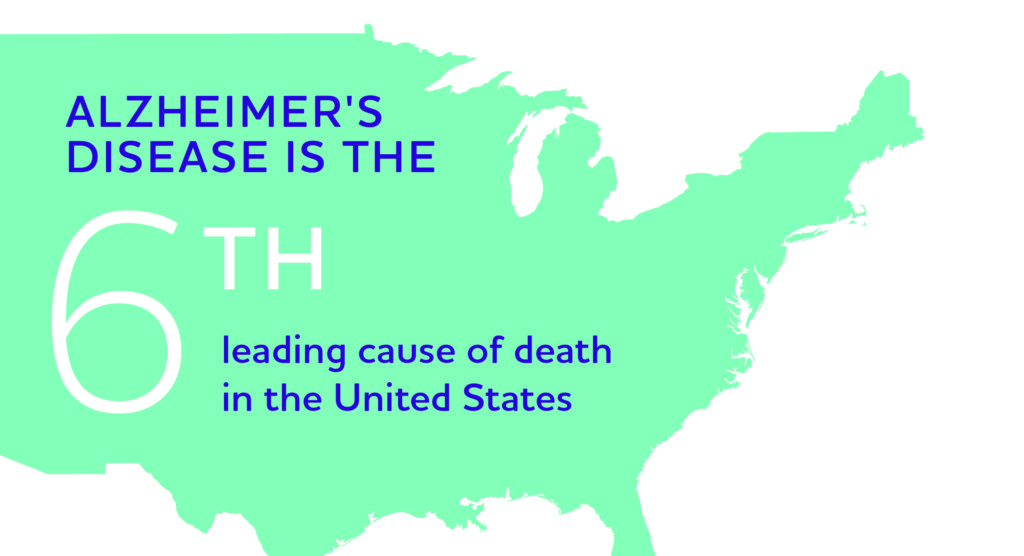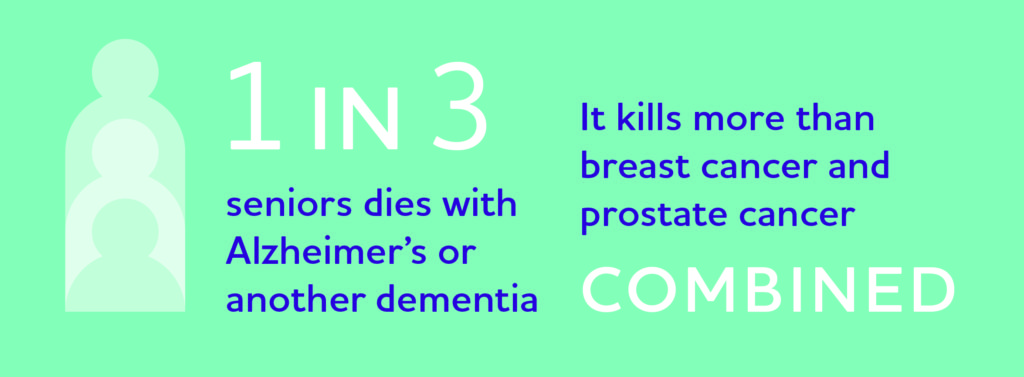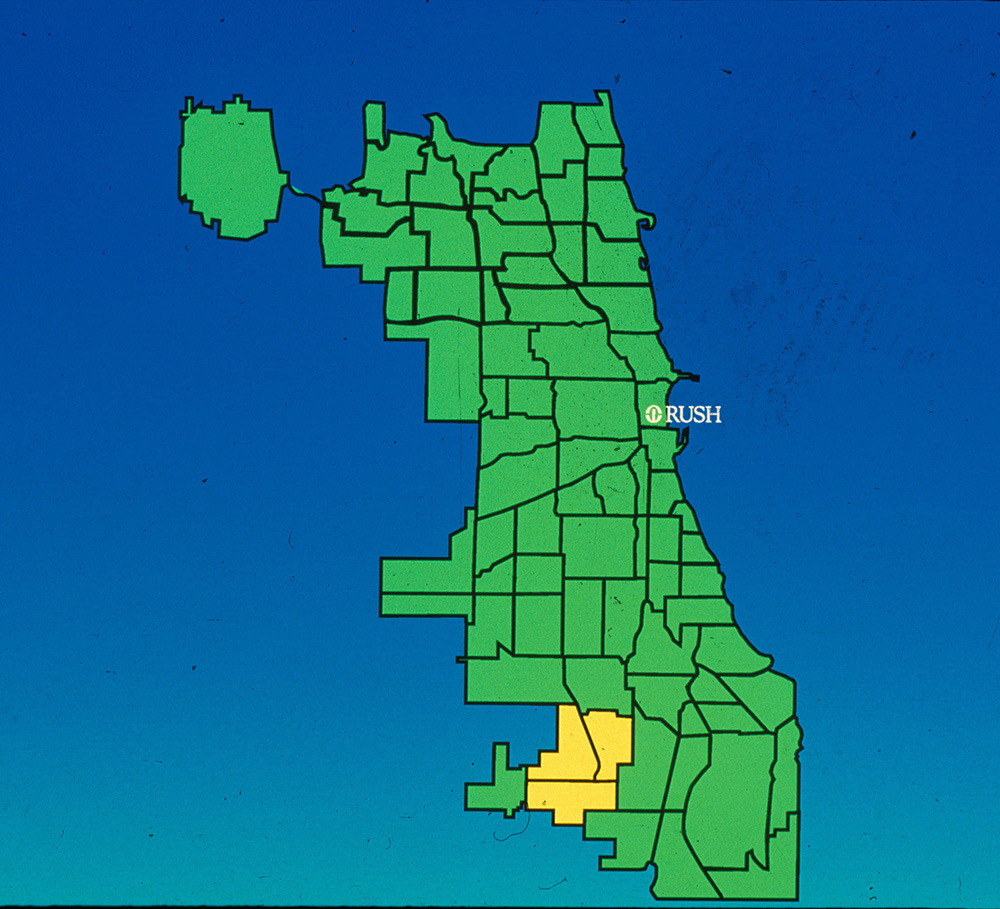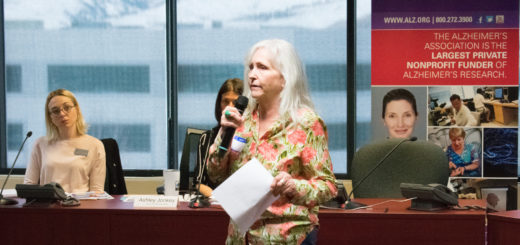UC Davis Researcher helps with Facts and Figures
On Wednesday, March 11, 2020, the Alzheimer’s Association will release our 2020 Alzheimer’s Disease Facts and Figures Report. This week we’d like to introduce you to Dr. Kumar Bharat Rajan. He is one of the researchers in our area who provides data for the report.
Starting his career
After completing his PhD in Biostatistics from the University of Washington in 2009, Dr. Kumar Rajan was recruited by Denis Evans, MD. He joined the research group of the Chicago Health and Aging Project (CHAP) at Rush University Medical Center in Chicago.
CHAP is a longitudinal epidemiological study of Alzheimer’s disease and other common chronic health conditions. The participants, from Chicago, are all over age 65.
“We worked together for many years,” said Dr. Rajan. “He was instrumental in helping me learn the epidemiology of Alzheimer’s disease in population-based setting.”
Dr. Rajan has continued to work with CHAP data since the project ended in 2012. He also has several ongoing NIH (National Institutes of Health) funded projects to continue this important area of research.

A scientific curiosity
When Dr. Rajan began his research, he wanted to understand the influence of lifestyle and genetic risk factors on Alzheimer’s disease in community-based studies. “I was interested in identifying preventive factors that can help reduce the risk of Alzheimer’s disease.”
Dr. Rajan felt that Alzheimer’s deserved more attention. “I also wanted to know how we could best investigate many unexplored areas of research. It began with a lot of scientific curiosity and identifying ways to prevent this terrible disease in the elderly.”
An Overview on CHAP
CHAP researchers collected data on the same people repeatedly for almost 20 years. Dr. Rajan said, “We recruited and enrolled 10,800 people over the age of 65 between 1993-2012.” The study looked at common chronic health problems, especially focusing on Alzheimer’s risk. Older African American and Caucasian residents in the southside of Chicago participated.
In reflecting on the importance of CHAP, Dr. Evans says, “The CHAP study has been important in estimating the number of people who have Alzheimer’s disease in the general population, in energizing research investigation of the disease among minorities, especially African Americans and in uncovering several factors that give rise to increased risk of Alzheimer’s disease.”
Alzheimer’s Association grant recipient
In 2014 Dr. Rajan received a New Investigator Research Grant from the Alzheimer’s Association. “The grant was used towards investigating how lifestyle characteristics can help moderate the genetic risk of APOE E4 allele on Alzheimer’s disease and cognitive decline,” said Dr. Rajan.
“The grant supported the publication of a series of papers on how lifestyle changes can moderate APOE-e4 allele and how they might be different between African Americans and European Americans.”
Using Data for Facts and Figures
Alzheimer’s Association Alzheimer’s Disease Facts and Figures is published annually. It reveals the burden of Alzheimer’s and dementia in the U.S. It focuses on the impact on individuals, caregivers, government and the nation’s health care system.

“The CHAP study has been giving the Alzheimer’s Association estimates since the late 90’s,” said Dr. Rajan. “We have provided the Alzheimer’s Association data on prevalence and incidence estimates of Alzheimer’s disease in the U.S.”
Dr. Keith Fargo, Ph.D, Director, Scientific Programs & Outreach for the Alzheimer’s Association says, “CHAP has been an invaluable source of data about the prevalence of Alzheimer’s dementia.
“The prevalence estimates have helped us educate the public about the large — and growing — problem of Alzheimer’s disease, which drives everything from raising awareness to helping policy makers understand the importance of investing in Alzheimer’s care, support, and research.”
Dr. Rajan is continuing this work and leading short- and mid-term projects with the NIH and Alzheimer’s Association. He will provide projections for the number of people living with Alzheimer’s disease and other dementias in the U.S. between 2020 and 2025.

Continuing to work with data
Currently Dr. Rajan is a Professor of Biostatistics in the Department of Public Health Sciences. He is co-leader of the UC Davis Alzheimer’s Disease Center’s Data Management and Biostatistics Core.
His job is to ensure that all of the data being collected by various studies are available to internal and external collaborators. The data is used to identify preventive factors and biomarkers of Alzheimer’s disease.
He is also Principal Investigator for CHAP’s offspring study, Parent Offspring Resilience and Cognitive Health (PORCH), based in Chicago. “We have a NIH-funded study to examine how cognitive resilience in parents might be associated with better cardiovascular and cognitive health in children who are aged 40-64 years old,” said Dr. Rajan.
The PORCH Study will be made up of adults whose parents were in the CHAP study. “We are looking at cognitive resilience and structural MRIs characteristics including white matter injuries in the offspring. We’ll perform memory, cardiovascular and blood tests,” said Dr. Rajan. “We are also looking at their lifestyle, cognitive and physical activities and sleep in relation to their parents.”
“We want to see if any parental protective factors might mitigate some of the risk that can be seen in the second-generation population, factors that can help with better health in children.”

Potential collaborators can also request CHAP data through a data portal. These types of studies are critical to helping us learn what midlife lifestyle factors may impact whether people develop Alzheimer’s or other dementias.
To find out more about the Alzheimer’s Associations Facts and Figures report go to alz.org/facts. The 2019 report will be available until March 10.

















